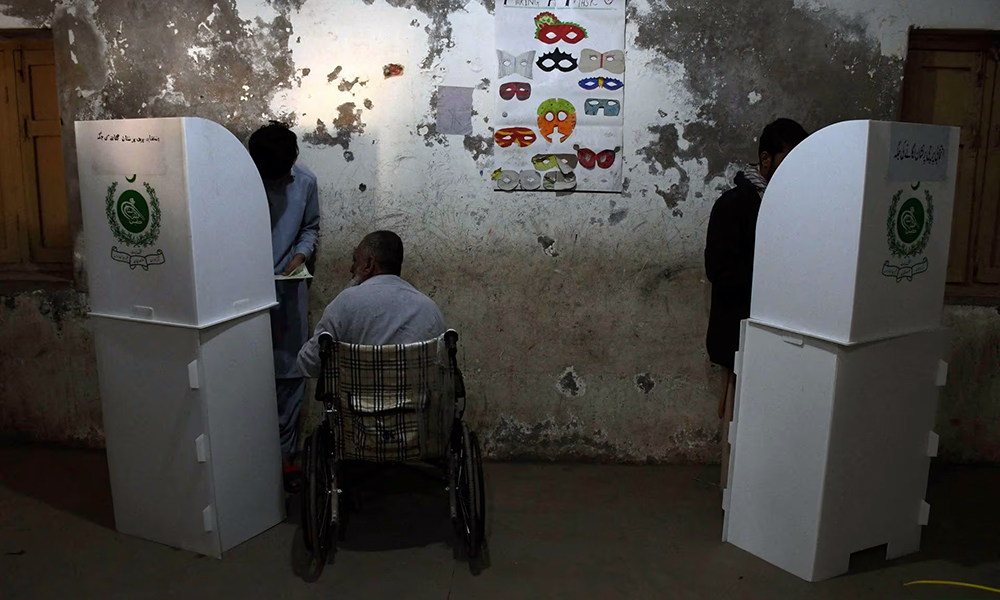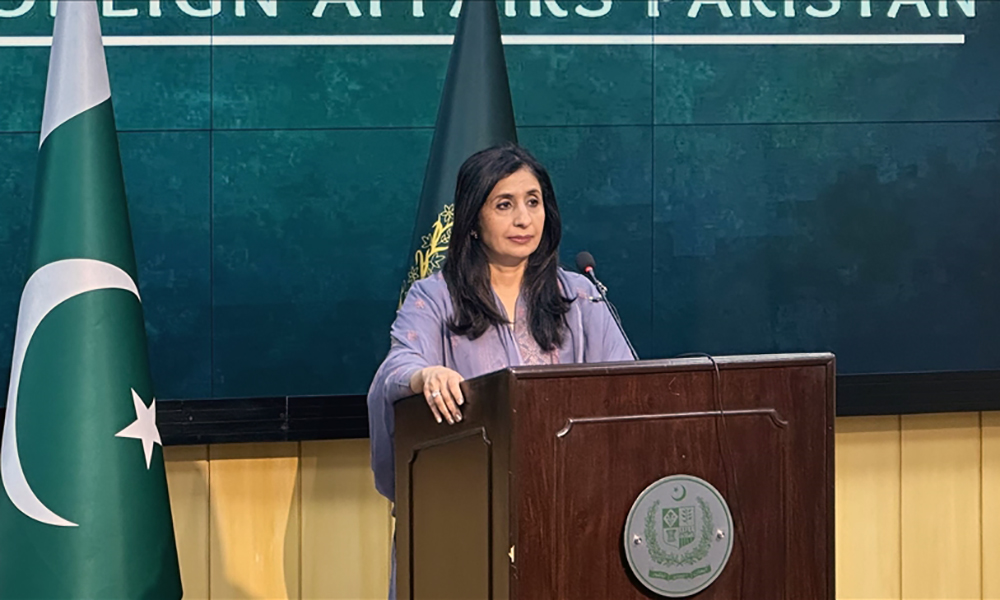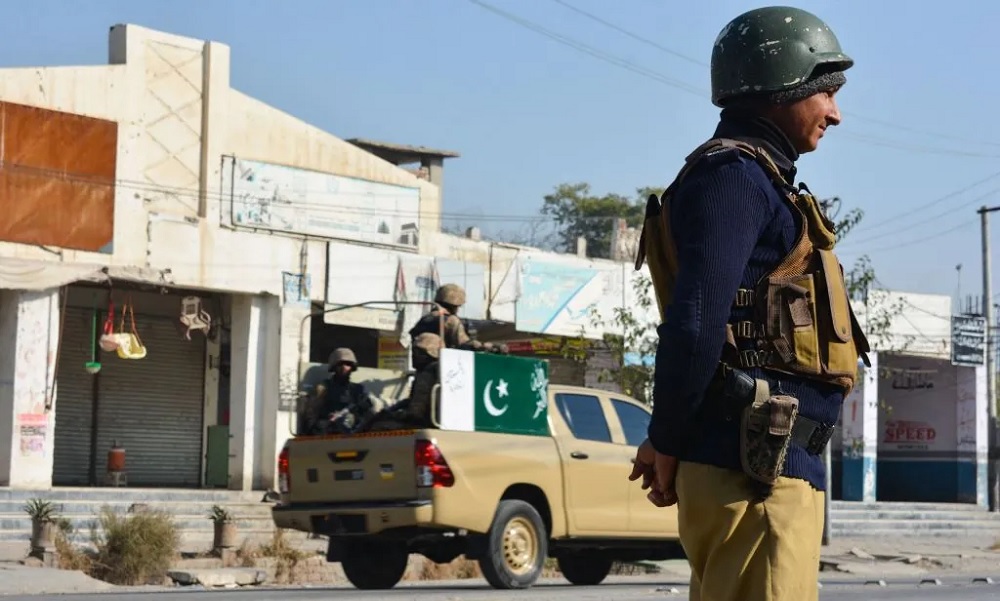Pakistan's main political parties were tied neck and neck in early results on Friday after vote counts in the general election were hit by unusual delays that the government blamed on a suspension of mobile phone services, Reuters reported.
The South Asian country is struggling to recover from an economic crisis while it grapples with rising militant violence in a deeply polarised political environment.
An "internet issue" was the reason behind the delay in results, Zafar Iqbal, special secretary at the Election Commission of Pakistan (ECP), said without elaborating.
The government said it suspended mobile phone services ahead of the election on Thursday as a security measure, and they were being partially resumed, read the report.
By early Friday morning, the ECP had announced results for 12 of the 265 contested seats in parliament on its website.
Five were taken by supporters of jailed cricket star Imran Khan who were contesting as independents while four were won by the Pakistan Muslim League (Nawaz) (PML-N), the party of former prime minister Nawaz Sharif.
According to Reuters three seats were taken by the Pakistan Peoples Party of Bilawal Bhutto Zardari, the son of assassinated premier Benazir Bhutto.
The main battle is expected to be between candidates backed by Khan, whose Tehreek-e-Insaf (PTI) party won the last national election, and the PML-N of Sharif, who analysts say is being backed by the powerful military.
With counting continuing into Friday morning, a clear picture was likely to emerge only later in the day.
A party needs 133 seats in parliament for a simple majority but many analysts believe the vote may not produce a clear winner.
Sharif, considered by many observers to be a strong candidate, dismissed talk of an unclear result.
"Don't talk about a coalition government. It is very important for a government to get a clear majority... It should not be relying on others," he told reporters after casting his vote in the eastern city of Lahore.
Thousands of troops were deployed on the streets and at polling stations across the country on Thursday. Borders with Iran and Afghanistan were temporarily closed as security was stepped up to ensure peaceful polling, Reuters reported.
Despite the heightened security, 12 people, including two children, were killed in 51 bomb blasts, grenade attacks and shootings by militants, mostly in the western provinces, the military said in a statement.
The victims included five police killed in a bomb blast and firing on a patrol in the Kulachi area of Dera Ismail Khan district in the northwest, authorities said. Two children died in a blast outside a women's polling station in Balochistan province.
"Despite a few isolated incidents, the overall situation remained under control, demonstrating the effectiveness of our security measures," caretaker Interior Minister Gohar Ejaz said in a statement.
Washington was concerned about "steps that were taken to restrict freedom of expression, specifically around internet and cellphone use," State Department deputy spokesperson Vedant Patel told reporters.
The U.S. strongly condemned election-related violence both in the run-up to the polls and on election day, Patel added.
United Nations Secretary-General Antonio Guterres also expressed concern about the violence and the suspension of mobile communications services, his spokesperson said in an e-mailed statement, Reuters reported.
Amnesty International called the suspension of mobile services "a blunt attack on the rights to freedom of expression and peaceful assembly".
Chief Election Commissioner Sikandar Sultan Raja said the decision on mobile networks was made by "law and order agencies" following violence on Wednesday in which 26 people were killed.
The military has dominated the nuclear-armed country either directly or indirectly in its 76 years of independence but for several years it has maintained it does not interfere in politics.
"The deciding factor is which side the powerful military and its security agencies are on," said Abbas Nasir, a columnist, commenting on the likelihood that no party would emerge as a clear winner. "Only a huge turnout in favour of (Khan's) PTI can change its fortunes."
He added: "Economic challenges are so serious, grave, and the solutions so very painful that I am unsure how anyone who comes to power will steady the ship."
If the election does not result in a clear majority for anyone, as analysts are predicting, tackling multiple challenges will be tricky - foremost being seeking a new bailout programme from the International Monetary Fund (IMF) after the current arrangement expires in March.












































